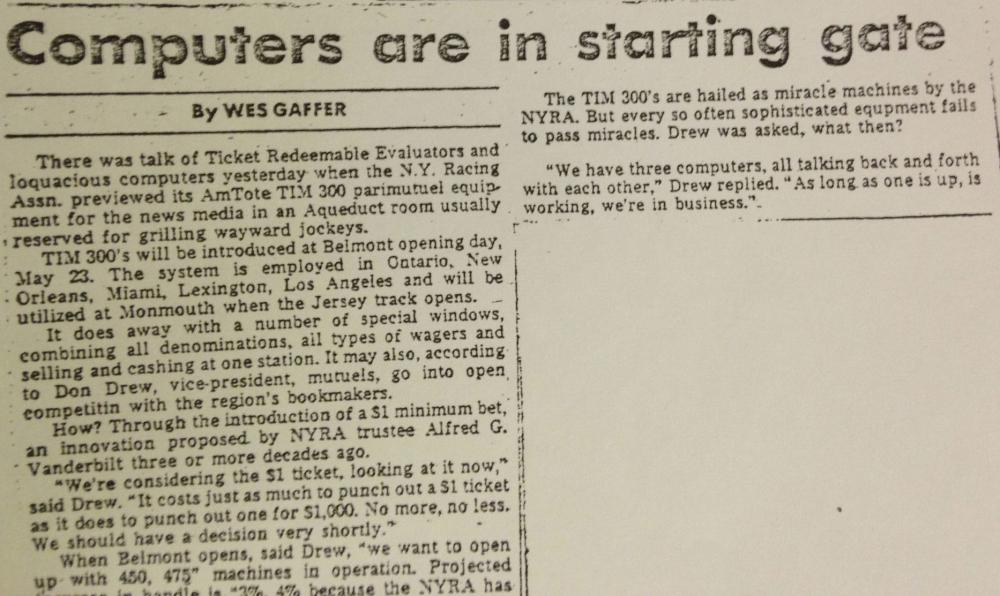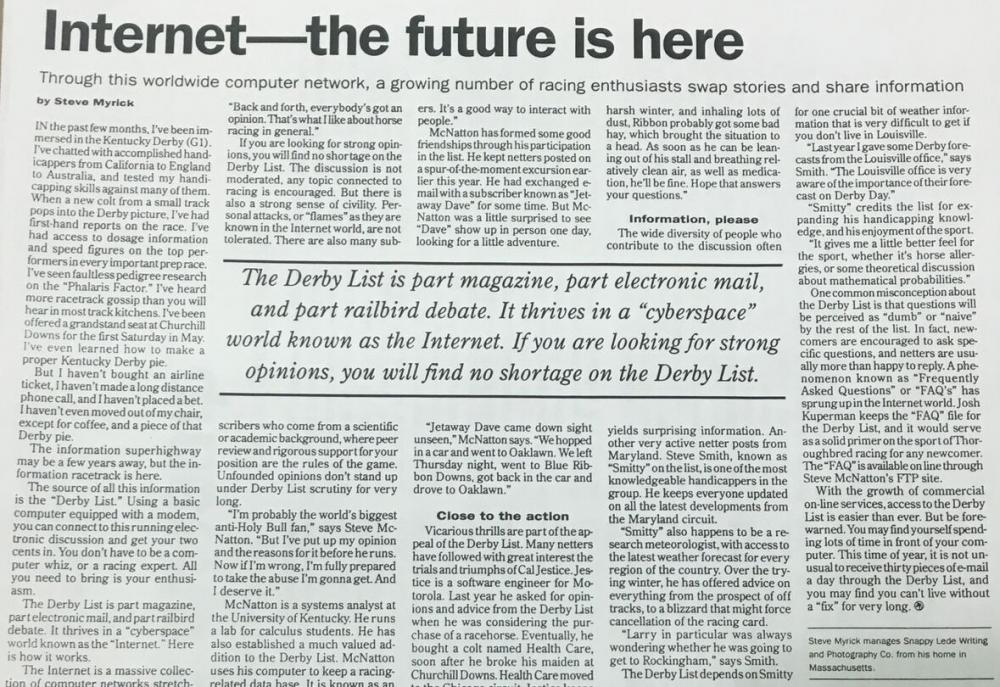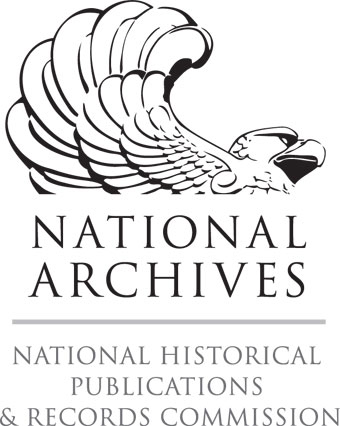The widespread use of computers and the internet made an indelible mark on the world of gaming, as it did on numerous other aspects of our lives. The Eugene Martin Christiansen Papers held in UNLV Libraries Special Collections document how gaming companies, gamblers, race tracks, and casinos began looking into the forerunners of internet gaming as early as the 1970s and had been using networked computers as a resource decades before most people were online.
The Eugene Martin Christiansen Papers (MS-00561) contain research files, reports, and presentations about gambling written by social scientist and consultant Eugene Martin Christiansen and his colleagues from approximately 1976 to 2008. The collection includes reports about legal and illegal gaming, including subjects such as economic impacts of legalized gaming, popularity of off-track betting, horse and dog racing, table games, gambling addiction, gaming regulation, taxes, lotteries, Native American gaming, and internet gaming. The collection primarily focuses on the United States--and particularly on state-level and municipal-level regulation of gaming. The sheer scope and breadth of the Christiansen collection provide researchers with uncountable possibilities for research topics.
For example, the collection showed me that computers, and eventually the internet, fundamentally affected gambling. Today, we’re familiar with online poker, online sportsbooks, e-sports, and even some online casinos, and some estimates say that the online gaming market exceeds $30 billion a year. But I found news clippings in Christiansen’s subject files that show how gaming companies were employing networked computers as early as 1979!

New York Daily News, May 10, 1979. From the Eugene Martin Christiansen Papers (MS-00561)
In Christiansen’s subject file on video lottery terminals--which are similar to slot machines--is a news report from the New York Daily News published May 10, 1979 titled “Computers Are in Starting Gate.” In the article, the New York Racing Association discussed the roll-out of several new betting machines that were connected by a network and allowed bettors to wager on the outcomes of horse races. One racing official was quoted as saying, “We have three computers, all talking back and forth with each other. As long as one is up, is working, we’re in business.”
The internet became a part of most Americans’ daily lives in the 1990s. Paired with the affordable personal computer as well as mass-marketed operating systems like Windows, the internet changed the ways people approached numerous aspects of their lives, including gambling. In another news report published by the Thoroughbred Times in May of 1994 and saved by Christiansen, the author details how horse-racing handicappers were using the internet to improve their strategies, swap information, and build large databases on horse races and tracks. At this point in time, the internet was so new that the author spent much of the article explaining how “the information superhighway” is a “massive collection of computer networks stretching throughout the world.” The handicappers used “electronic mail” to send each other tips and information. The author argues that this technological marvel was made possible by “user-friendly and less expensive” means of getting online.

Thoroughbred Times, May 2, 1994. From the Eugene Martin Christiansen Papers (MS-00561)
What this shows is that developments in gaming went hand-in-hand with developments in personal computers and the advent of the internet. In the same way that gambling accompanied the rapid growth and development of Las Vegas in the twentieth century, gambling also followed early tech adopters into the digital frontier. And similarly, as businesses converted their daily operations from paper to digital, gaming companies followed suit, using computer technology and the internet to grow their revenue streams.

You can find a myriad of resources in the Christiansen collection about gaming and the internet, ranging from state and federal laws regulating online gaming to marketing strategies employed by race tracks and casinos to attract online patrons. I discovered these news articles, and many others, while processing the Eugene Martin Christiansen Papers during a grant funded by the National Historical Publications and Records Commission. The grant-funded project has allowed UNLV Libraries Special Collections to process and organize the collection in order to preserve it, make it accessible to researchers, and increase the visibility of the historical materials.


